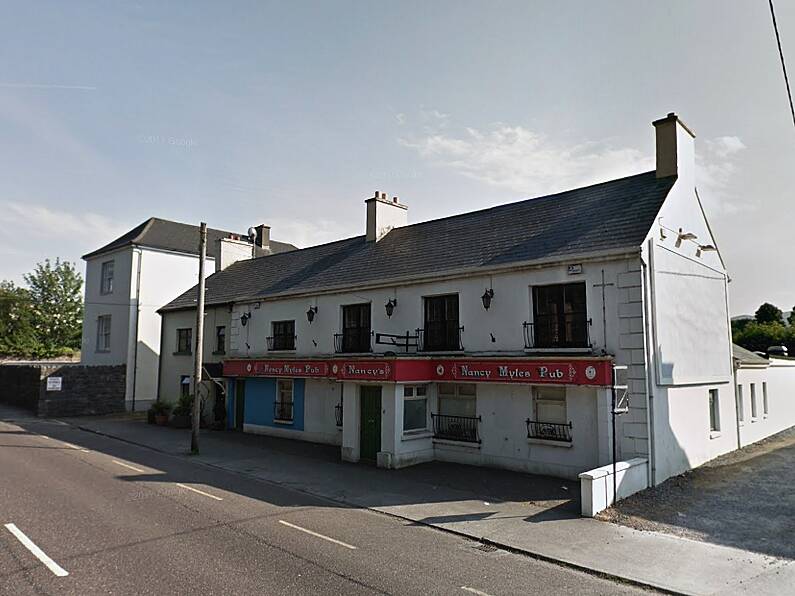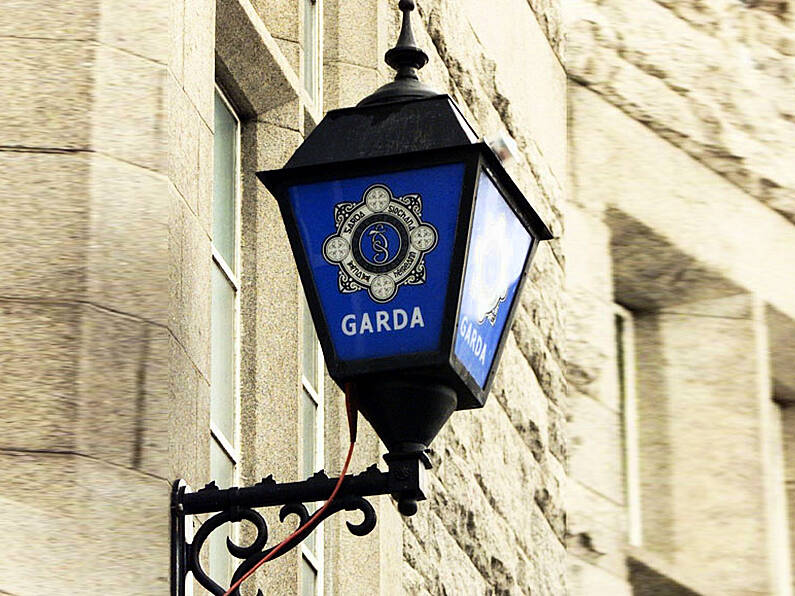By Anne Lucey
The TD Michael Healy-Rae has been refused planning for apartments in a vacant public house in Tralee, with the planning inspector describing what was proposed as “substandard” and meeting only the minimum requirements.
Mr Healy-Rae who represents Kerry is already the Dáil’s biggest landlord with up to ten rental properties However his proposal for the part conversion of Nancy Myles Pub, opposite the old army headquarters of the Munster Fusiliers in Tralee has met with strong local opposition
The original application was for change of use of most of the ground floor and extension to Nancy Myles Public House to nine residential units.
Following a revised application permission for four apartments was given by Kerry County Council.
Over a dozen residents of Ballymullen and surrounding areas lodged appeals and observations.
The nearby residents said the redevelopment would injure their amenities and devalue their properties. They also said there was a lack of clarity about future plans for the remaining part of the pub and two storey building.
The building was subject to flooding, they also claimed. Invasive Japanese knotweed was present on the site and there was not adequate parking.
However Mr Healy-Rae, through his agents, said the target market was professional people working in the nearby hospital and renovating the vacant property would actually enhance the Ballymullen area. He also said though there was flooding in the area, the building itself had not flooded in the past.
Bord Pleanala inspector Kevin Moore who visited the site said that although the zoning was residential, “there are serious concerns about the nature and extent of development for this site.”He noted significant works were being carried out in clearing the whole building.
The original application sought to convert the ground floor to nine bedsits.
“This proposal was seriously substandard for human habitation purposes in terms of space, light, amenity, parking, etc,” the inspector said of the proposal for nine bedsits..
The council permission was for four apartments to the rear of the public house at ground floor level.
“This means that the public house at ground floor level immediately forward of apartments one and two is to remain a public house.It also means that the upper floor of the building are to remain in residential use, although it is not known from the appeal file if this is to be one or more residential units.”
“The serviceability of all uses cannot be facilitated on this site while seeking to provide a basic standard of accommodation for residents of the structure,” the inspector said of the various uses.
The totality of what is proposed was clearly overdevelopment of a restricted site, he added.
He “seriously called into question” the viability of the proposed apartments as living spaces that would have a standard of amenity to permit habitation in a satisfactory manner.
“I note that the proposed apartments each just meet the very minimum floor area standards,” the inspector said.
Only partitions would divide two of the units from the pub and there must be serious concerns about noise and disturbance and he questioned the adequacy of amenity space.
“Designating separate private amenity spaces around a yard area and designating another area with the yard as communal amenity space, each of which is corralled in by car parking which lines the back end of the yard..will not produce functional, meaningful amenity spaces for occupants of the proposed apartments,” the inspector said.
“This development will provide a substandard form of accommodation for the occupants of the proposed apartments and would most likely have serious adverse consequences for the functioning of the remainder of the building in terms of meeting basic standards for residents and the needs of a public house,” the inspector, Mr Moore, concluded.
The board ruled in accordance with their inspector saying it had regard to the restricted nature of the site, the fact the front of the building was to remain a commercial area but its future was unresolved other than its established use as a public house.
The board was not satisfied that the architectural response and design was of a satisfactory standard to meet the needs of future occupants of the proposed and existing residential units, it said.






